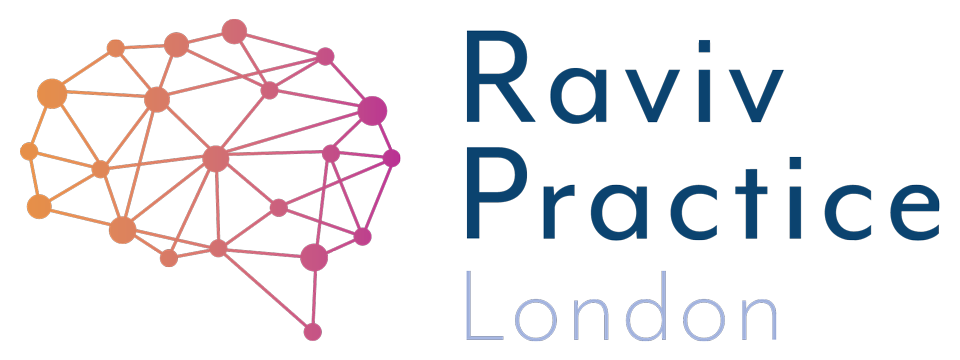
Blog
Usha Patel, Neurocognitive Therapist and Director of Raviv Practice London shares her first-hand experience of working with children /adults and the latest research and upcoming events in her series of blog posts.
The Social Engagement System.
The feeling we are connected to others makes us feel safe in ourselves
How Many Times Does A Child Need To Be Told They are Naughty?
Learning is not something children do at school, parents are their best teachers.
Maths - amazing tools for helping with problem solving
Problem solving can be the hardest of challenges for many children.
The Secret of removing distractions
Do you ever have that itch to jump to the next most fascinating book and can't wait to finish the current book, regardless of how good it is?
Reading: is your child receiving the proper instructions when learning to read?
It should not be difficult for schools to implement a good, systematic phonics programme…
Developing critical and problem-solving skills.
It always surprises me how quickly a child of any school age, from 4 years upwards, can grasp this skill of solving Sudoku puzzles. It does not matter what the diagnosis is; dyslexia, dyscalculia, Asperger’s, dyspraxia… even dysgraphia
Body, brain and improving handwriting
A parent came to me, shocked to hear the evaluation for her daughter. After a two-month break from intensive occupational therap,y her 7-year-old daughter was displaying weak core strength.
When children get bored easily.
Some children learn better when doing a practical thing, rather than thinking deeply or reading about it. The act of ‘doing’ helps some children remember the task at hand.
The learning journey of Eemaan - a child with Down Syndrome
In November 2017, I met Eemaan, a sparkly bright four-year-old diagnosed with Down syndrome, for the first time. Nine months from our first meeting, Eemaan is now using sentences,
A new kind of happy; removing anxiety in adults.
As one of those individuals who always felt at fault, continually trying to improve and iron out flaws, it was somewhat ironic that my so-called defects, dyslexia and all the issues that surround this diagnosis, were the thing that made me unique in the first place.
Reversing numbers and letters is now a thing of the past.
Do you write with your left or right hand? This is a preference your brain and body has decided is the strongest for this particular task, it is your 'dominant hand'.
Flop or Flob? The power of speaking it out…
I was watching one of my students write the other day, and noticed countless problems with her seated position, her pencil grip, and how she was obscuring the sentence with her hand as she wrote. The effort was enormous on her part.















